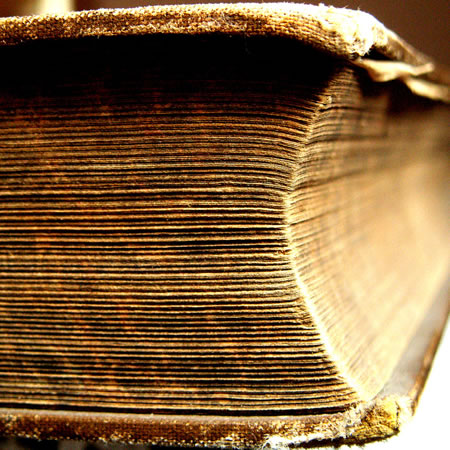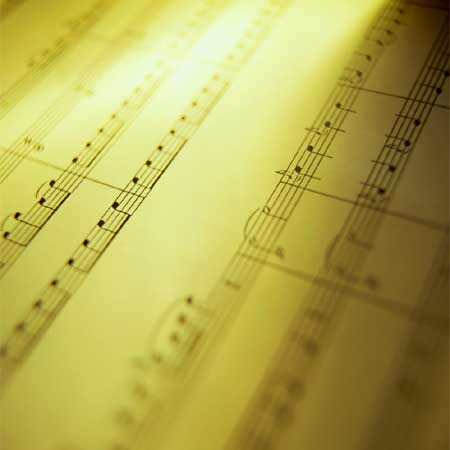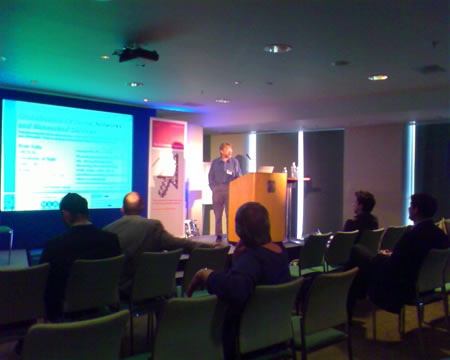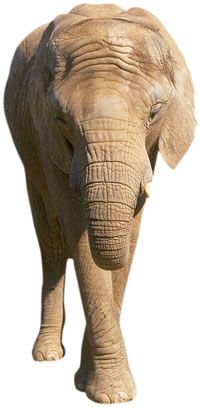
Launch of Great War Archive
Oxford University is marked the 90th anniversary of Armistice Day by launching two new, free to access websites, thanks to funding from the JISC digitisation programme. These resources will allow educators, scholars and the public to view previously unseen memorabilia and poetry from World War I.
The ‘Great War Archive’ and the ‘First World War Poetry Archive’ bring together 13,500 digital images of items mainly of rare primary source material.
Many items submitted to the ‘Great War Archive’ by members of the public are treasured family heirlooms which have never been on public display.
Items include:
- A bullet-dented tea can which saved the life of an engineer who repaired a bombing post whilst under heavy fire in Bullecort in November 1917.
- A souvenir matchbox made by a German POW for a British Lance Corporal after they had fought a fierce fire together, saving many lives.
- Remarkable sketches of scenes and characters from military and civilian life by Private Percy Matthews, until now, an unknown artist.
The Great War Archive complements Oxford University’s First World War Poetry Digital Archive which will enable online users to view previously unseen materials such as poetry manuscripts and original diary entries from some of the conflict’s most important poets. It builds on Oxford University’s extensive Wilfred Owen Archive.
Oxford University’s Project Leader, Kate Lindsay, said: “The Great War is arguably the most resonant period in modern British history. The memorabilia and poetry archives will provide easy access to an unrivalled collection of material which will be of use to anyone interested in getting closer to this world-changing conflict.”
Author and academic Vivien Noakes, added: “Each of the items submitted to The Great War Archive tells a personal and, often very poignant, story. The archive provides a myriad of windows into the period – the Great War in microcosm. Access to this material can only enhance our understanding of what it was like actually to live through these momentous times.”
The website has been made possible through the JISC Digitisation Programme which will see a wide range of heritage and scholarly resources of national importance shared with new audiences.
Picture source.



 Posted by James Clay
Posted by James Clay 



 Having attended a really interesting session on Shibboleth and Federated Access, I am currently listening to the plenary about the other parallel sessions.
Having attended a really interesting session on Shibboleth and Federated Access, I am currently listening to the plenary about the other parallel sessions.




